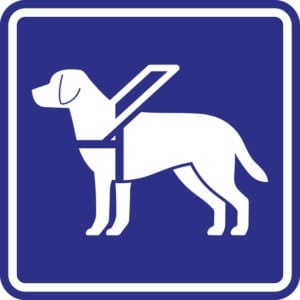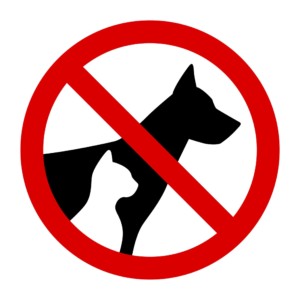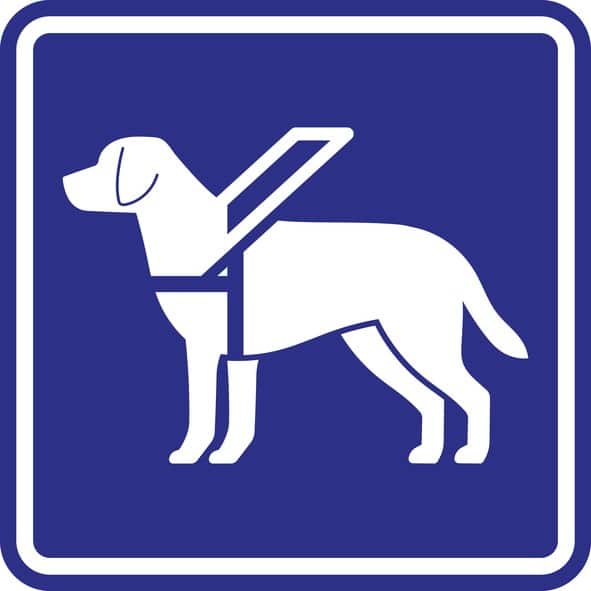Grace Hill Training Tip of the Week
When Assistance Animals Break the Rules

One of the most common accommodation requests is to have an animal that would otherwise be restricted by a community’s rules. In these cases, it is important to understand that service and assistance animals are not considered pets. Rather, they provide an important service to people with disabilities. You must know how to handle these accommodation requests in compliance with the law. But this doesn’t mean assistance animals can run amok in your community.
You can have rules for assistance animals, as long as the same rules apply to all animals in your community.
Assistance animals can be subject to rules and policies such as:
- Residents must pay for damages, beyond reasonable wear and tear, caused by the animal
- All animals must be vaccinated in accordance with state and local laws, and
- Residents must dispose of all waste and observe all leash rules
Be sure to let customers know that you make reasonable accommodations for people with disabilities. For example, you can require that animals be on a leash outdoors, but you may need to make an accommodation for a resident with a disability who has a dog that fetches items for him.

What can you do if owners of assistance animals break the rules? You can take action when residents with assistance animals violate community rules. However, proceed carefully and consult your legal counsel.
Give the resident opportunities to remedy the situation before taking steps to remove the animal. Send written warnings recognizing that the animal is an assistance animal, and reminding the resident that they must follow reasonable rules of conduct.
If the situation continues, let the resident know that if the problem persists the animal may have to be removed and alternative accommodations will be explored.
Document disturbances or damage in writing and with photographs if possible. Phone or in-person conversations will not be as useful as written documentation if you find yourself in legal proceedings.


